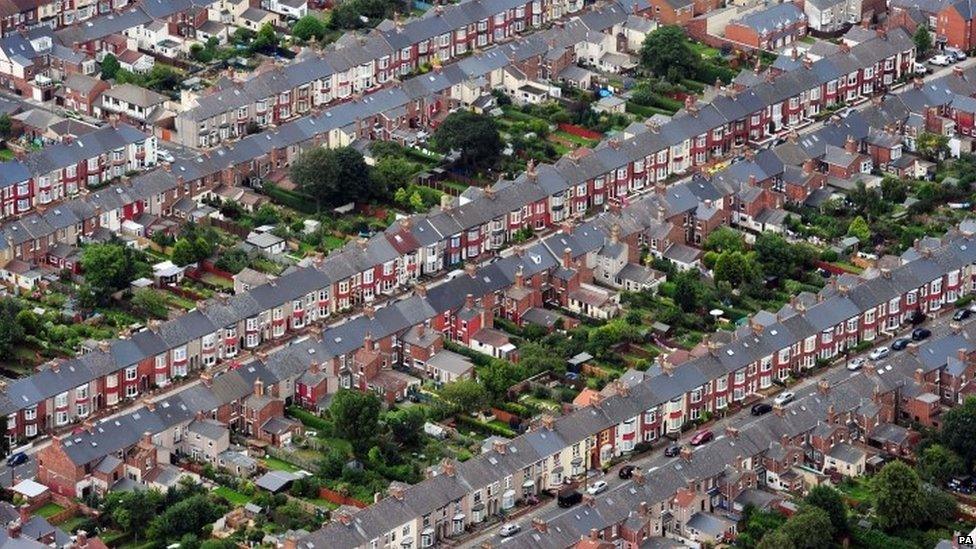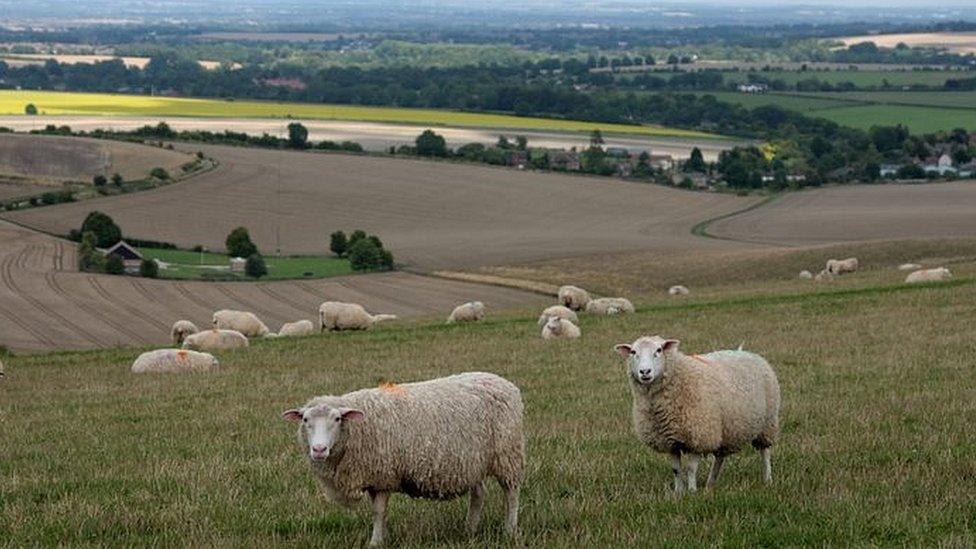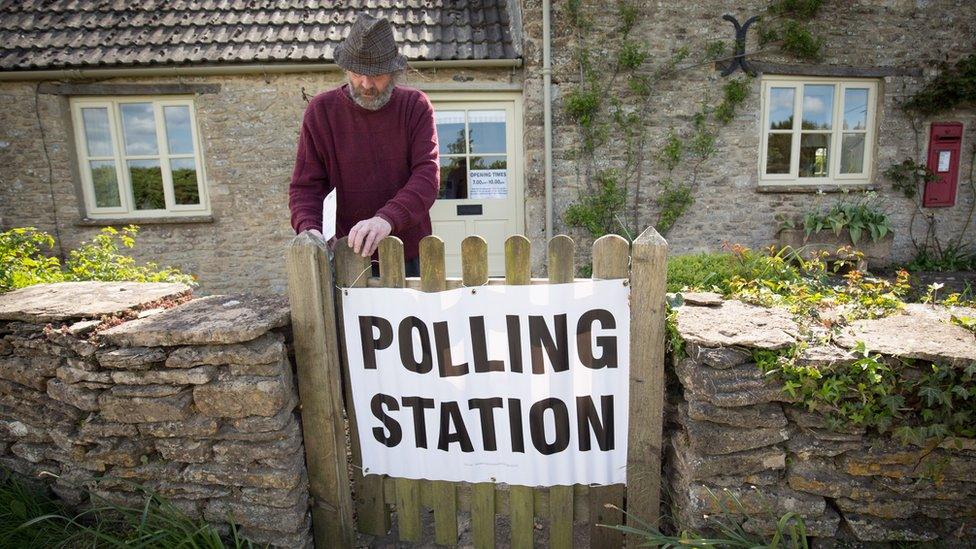Cameron: Conservative councils 'doing more for less'
- Published

David Cameron highlighted the government's record in limiting council tax increases
Only Conservative councils can be trusted to keep taxes low and give more power to local residents, David Cameron has said, as he launched the party's English local elections campaign.
The vote on 5 May is a clear choice between "Tory competence and the disarray of the rest", he said.
The prime minister argued council tax had fallen in real terms since 2010 as town halls gained budgetary freedoms.
The Conservatives are defending about 880 seats last contested in 2012.
More than 2,700 seats in 124 councils across England are up for grabs next month in what will be Labour leader Jeremy Corbyn's first national test in England at the ballot box.
Labour did well the last time the majority of the seats were contested in 2012, while the Conservatives - who are the largest party in local government but are fighting their first set of council elections as a majority government for 20 years - lost about 300 seats.
The government has been accused of giving local authorities no option but to cut services such as as libraries, children's centres and bus routes by slashing the value of the Whitehall grant to councils over the past five years.
Mr Cameron has clashed with the Conservative leader of Oxfordshire County Council, which covers his Witney constituency, over whether councils are doing enough to cut their operating costs and make efficiency savings as a way of protecting core services.
'Big things'
Speaking at the Conservatives' Spring Forum, Mr Cameron urged voters to focus on Tory councils' record of "getting things done" while "delivering more for less".
"These local elections provide a clear choice - the competence of a strong Conservative council who will keep taxes down with quality local services, against the disarray of the rest," he said.
The Conservatives say council tax has risen by an average of 6% since 2010 - lower than the rate of inflation - because of the funding it has given to councils to cover a freeze in rates.
Mr Cameron argued the decision to allow councils to retain 100% of their business rates by 2020 was evidence of a bold, reforming government that was willing to trust local communities and give them a direct stake in economic growth.
He also defended a series of controversial policies - such as giving all social housing tenants the right to buy their own home, turning all schools into academies by 2022 and making the NHS a "truly" seven-day service - as evidence of a government doing "big things".
"A Conservative government could be proud of achieving any one of those things in one term. We are doing them all."
'Stagnating services'
In her speech, Home Secretary Theresa May said councils had new powers and voting on 5 May would decide how billions of pounds would be raised and spent.
"A vote for a Conservative is a vote for a local authority that respects the council tax payer and works hard for them," she said.
"Conservative councils have innovated to turn back the tide on the years when Labour let council tax double and services stagnate."
Labour has suggested its councils are being targeted in the latest round of spending cuts, which will see average funding fall by 6.7% by 2020. This comes on top of a nearly 30% reduction in Whitehall grants between 2010 and 2015.
They also argue councils in poorer areas could also lose out from the business rate changes.
Also in England on 5 May there are elections for a new mayor in London as well as Bristol, Liverpool and Salford. The elections are taking place seven weeks before June's referendum on the UK's future membership of the EU.
- Published11 November 2015

- Published5 May 2016
